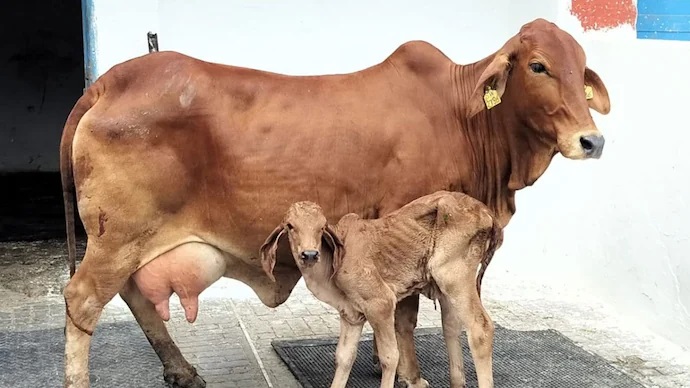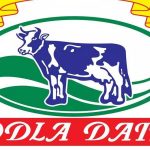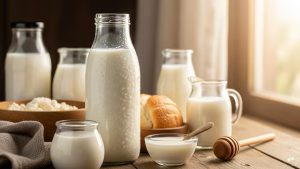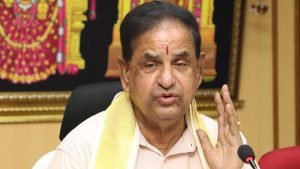
Top Court Questions Need for Cow Breed Distinction in Divine Worship.
The Supreme Court of India has recently dismissed a unique petition seeking to enforce the exclusive use of indigenous cow milk for rituals and bhog prasad (offerings) at the revered Tirupati Venkateswara Balaji Temple. The bench, led by Justice MM Sundaresh and Justice N Kotiswar Singh, critically questioned the necessity of drawing such distinctions in acts of worship. This ruling holds significance for the broader dairy industry and cultural interpretations of milk sourcing.
Justice Sundaresh notably remarked, “A cow is a cow. True love for God lies in serving fellow creatures and not in getting into these issues.” This statement underscored the court’s stance against imposing specific breed-based restrictions on milk supply for religious practices. The verdict highlights a judicial perspective that prioritizes universal spiritual principles over nuanced interpretations of traditional sourcing, which could impact dairy farmers and milk processors dealing with various breeds.
The petitioner’s legal counsel had argued that the use of indigenous cow milk was a fundamental tradition, citing references from Agamshastras, ancient canonical texts, and even noting that the Tirumala Tirupati Devasthanams (TTD) itself had considered such a proposal. This reflects a segment of the agribusiness community advocating for the promotion of native cattle breeds and their products, driven by cultural and perceived qualitative differences in dairy produce.
However, Justice Sundaresh countered this argument by asserting that such classifications were “man-made” and not divine mandates. He further stated, “God is equal for all humans. He is kind and fair to other creatures as well. You cannot say God wants only milk from a local cow.” This judicial interpretation emphasizes inclusivity, potentially influencing future discussions on dairy product sourcing for religious or cultural purposes across India’s diverse dairy economics.
Ultimately, while the Supreme Court expressed no inclination to entertain the plea, it granted the petitioner the liberty to withdraw the petition and instead approach the High Court. This suggests that while the apex court found the matter outside its immediate purview or scope of intervention, the underlying arguments about indigenous dairy breeds and religious practices could still be deliberated at a lower judicial level. For the international dairy community, this case exemplifies the complex interplay of tradition, law, and market dynamics in India.
Source: India Today: Supreme Court rejects plea seeking exclusive use of indigenous cow milk at Tirupati Temple, suggests petitioner approach High Court
You can now read the most important #news on #eDairyNews #Whatsapp channels!!!
🇮🇳 eDairy News ÍNDIA: https://whatsapp.com/channel/0029VaPidCcGpLHImBQk6x1F

















